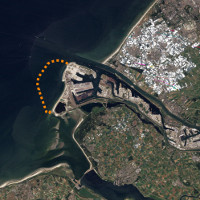 Financial news site Z24 studied overdraft interest rates of Dutch banks, and came to the conclusion that Dutch banks charge as much as their German counterparts.
Financial news site Z24 studied overdraft interest rates of Dutch banks, and came to the conclusion that Dutch banks charge as much as their German counterparts.
Overdraft interest rates are limited by law to 12% plus a variable rate that is currently 3 percentage points. The maximum interest rate for overdrafts currently allowed is therefore 15%.
ING currently charges 14.5%, almost the maximum. Z24 discovered the following rates:
| Bank |
Rate (%) |
| ING |
14.5 |
| ABN Amro |
14.1 |
| Rabobank |
12.9 |
| ASN Bank* |
10.0 |
When a bank borrows money from the Central European Bank, it only pays an interest rate of 1%.
A German consumer organisation had recently studied overdraft interest rates in its own country and came to the conclusion that with an average rate of 12.1%, German banks overcharged their customers by a lot. Banks defended themselves claiming that there were high costs involved in charging relatively small amounts, and that the chance that customers would not pay back their overdraft is relatively large.
A study by the German government, Süddeutsche Zeiting reported last Thursday, proved that the banks were lying. Overdrafts are a relatively risk-free type of loan for banks, with only 0.3% of the overdrafts leading to payment problems, as compared to 2.5% for other types of loan.
The Dutch financial authority AFM will study the rates that banks charge after January 1, the date on which new banking rules go into effect.
*) ASN Bank is a brand of SNS Bank that originally only offered ethical savings accounts, although recently they have also added current accounts to their services. Although the savings of ASN customers are invested in ethical stock, the profits go to the parent company.
 The Lekker Dier foundation, a farm animal welfare group, announced last Thursday that the best mud pit for pigs in 2012 is the one in the farmyard of the Van Leeuwen family in Buren.
The Lekker Dier foundation, a farm animal welfare group, announced last Thursday that the best mud pit for pigs in 2012 is the one in the farmyard of the Van Leeuwen family in Buren. 
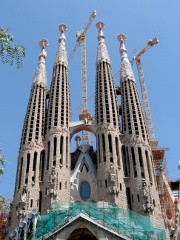 The Sagrada Familia basilica in Barcelona, Spain, will receive a protective coating this year by a Dutch company from Winschoten, Groningen .
The Sagrada Familia basilica in Barcelona, Spain, will receive a protective coating this year by a Dutch company from Winschoten, Groningen .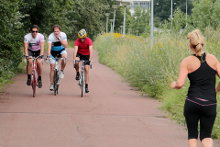 Now that we finally have sunny weather, parents with children and older people are hesitant to get on their bikes for fear of being run over by bicycle racers.
Now that we finally have sunny weather, parents with children and older people are hesitant to get on their bikes for fear of being run over by bicycle racers.  Financial news site
Financial news site 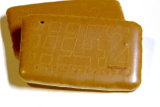
 Maxime Verhagen, Minister of Economic Affairs, has written a letter to evangelical Internet access provider Solcon that their filtering system does not run afoul of the Dutch net neutrality law that was recently passed by the Senate.
Maxime Verhagen, Minister of Economic Affairs, has written a letter to evangelical Internet access provider Solcon that their filtering system does not run afoul of the Dutch net neutrality law that was recently passed by the Senate. 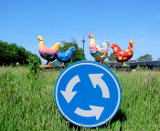 Dutch car repair shops are having a tough time. Their turnover has been dropping for years,
Dutch car repair shops are having a tough time. Their turnover has been dropping for years, 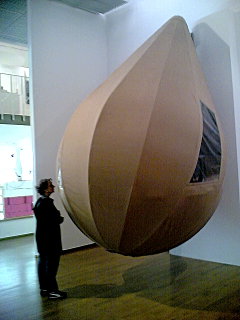 Rotterdam-based artist Dré Wapenaar came up with these tear-shaped tents that can be hung from the stems of trees.
Rotterdam-based artist Dré Wapenaar came up with these tear-shaped tents that can be hung from the stems of trees.